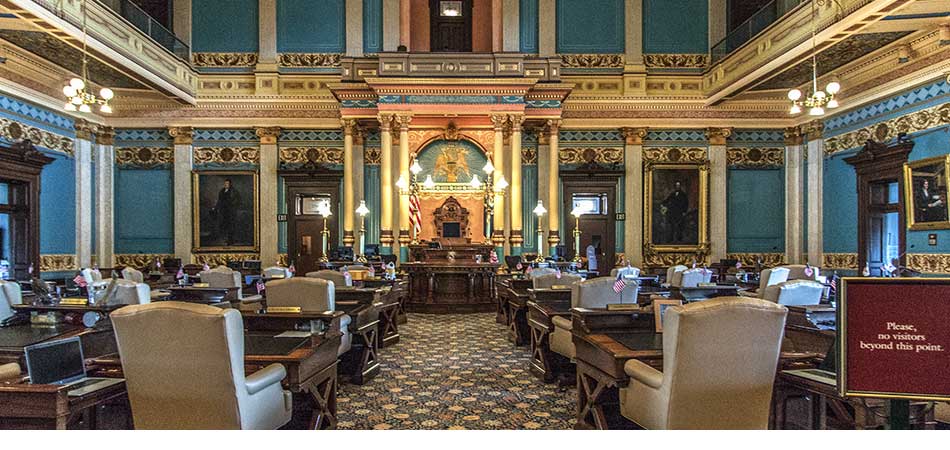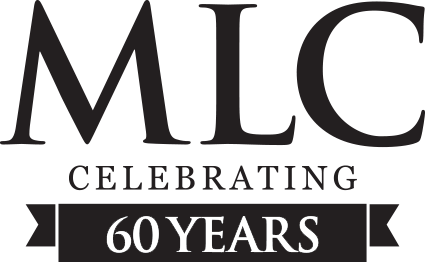This week, the Senate Appropriations Committee reported two bills making changes to legislatively directed spending items (LDSIs). Commonly referred to as earmarks, the legislation creates a definition of LDSI in state law and sets up a system for how they will be handled during the appropriations process.
Key Points:
-
- Senate Bill 596 was introduced by Senator Sarah Anthony (D-Lansing), who also serves as chairwoman of the Appropriations Committee.
- House Bill 4420 was introduced by Representative Tom Kunse (R-Clare).
- The legislation outlines the process for a legislator to make a request, including completing a form and presenting the request to an Appropriations Committee or subcommittee.
- Furthermore, unless a legislator is in leadership, they can only make a request for a recipient within their district.
- A non-profit must be in the state for three years and have a physical office for one year to be eligible.
- A for-profit is ineligible for an LDSI.
- The House and Senate would be required to have a dedicated page on each of their websites to post the LDSI requests.
- The legislation provides for exceptions for appropriations in response to declarations of emergency and appropriations to state departments and agencies.
Next Steps:
-
- HB 4420 was passed unanimously by the House in June. Since the Senate amended the House-passed version, if passed by the Senate, it would go back to the House for a concurrence vote.
- Both bills were referred to the Committee of the Whole for consideration.








